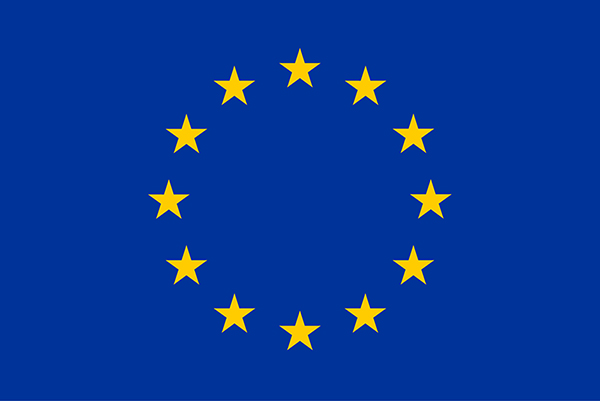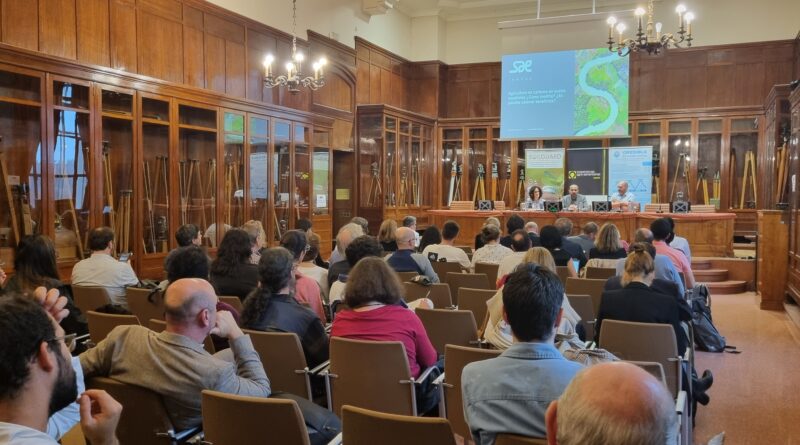SOILGUARD conference “The importance of healthy soils in Spanish agriculture”
Last week was held the SOILGUARD conference “The importance of healthy soils in Spanish agriculture” hosted by Cooperativas Agro-alimentarias de España.
There was a fruitful discussion lead by the Ministry of Agriculture and our colleagues from CREDIBLE, Koppert, Fertinagro and UPM (Universidad Politécnica de Madrid).
It was a rich conference, understanding healthy soils and its biodiversity from different angles and approaches with the aim of moving towards continuous improvement in the sustainability of farms mainly, but also forests and grasslands. Ignacio Atance y Joaquín Rodríguez explained the implementation of the huge task implemented during the first year of the eco-schemes and possible synergies arose among the different initiatives and projects.
Cristina Yacoub, the coordinator of the project from Leitat Technological Center, highlighted the importance of linking the soil biodiversity experiments and results with their functions and implications to sustainable practices both in conventional and organic farms based in the created Soil Biodiversity and Wellbeing Framework. Its transdisciplinarity and openness to construct together with other people, projects and initiatives was related to the different components the SOILGUARDIANS work: multifunctionality, land degradation and climate change scenarios, ecosystem functions, socioeconomic and sociocultural values, policy, and conservation.
Preliminary results of SOILGUARD were presented by Santiago Soliveres. Our Soilguardians have monitored 170 crops in 234 plots in 10 countries around the globe. For now, we explore how different sustainable management practices affect multifunctionality and soil biodiversity and its dependence on the geographical area, climate and soil type among others.
We seek to have more data and build on those synergies explored to ensure the conservation of soil biodiversity in all its dimensions and all the regions of the EU and beyond!

The research leading to these results has received funding from the European Union Horizon 2020 Research & Innovation programme under the Grant Agreement no. 101000371.

